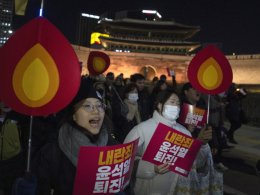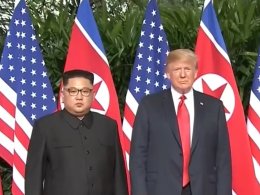The deteriorating relationship between the U.S. and China is allowing the Chinese drug networks contributing to the fentanyl crisis to outmaneuver authorities back home.
"Since approximately 2013, China has been the principal source of the fentanyl flooding America’s illicit drug market," Craig Singleton, a senior fellow at the nonpartisan Foundation for Defense of Democracies, told Fox News Digital on Thursday.
Past administrations had pressured the Chinese government to clamp down on the production of the highly refined fentanyl favored by Mexican drug cartels.
"The Obama and Trump administrations devoted significant diplomatic capital to persuading Beijing to crack down on the supply of fentanyl from China to the United States. In April 2019, China finally announced that the production, sale, and export of all fentanyl-class drugs would be prohibited, except by authorized firms which the Chinese government has granted special licenses," Singleton added.
But an unintended consequence of House Speaker Nancy Pelosi’s August trip to Taiwan was that Beijing suspended cooperation with Washington on transnational crime and illegal drug issues.
“An expected deterioration of U.S.-China relations will likely further undermine Beijing’s willingness to enforce its own 2019 fentanyl regulations, which could lead to a worsening of the U.S. drug epidemic and associated trafficking activities,” said Singleton.
The analyst argued that the Chinese government had little incentive to restart enforcement because it is not the center of the opioid crisis, meaning trafficking from China may increase. Meanwhile, drug producers there are quickly adapting by modifying their techniques to exploit loopholes in chemical restrictions and disguise their activities.
"Going forward, it seems likely that we will see an increase in illicit Chinese drug and human trafficking flows into the United States, which will further strain Customs and Border Patrol resources," Singleton said.
Singleton called on the White House and Congress for an assessment on how China’s decision to stop working with the U.S. on drugs.
"One thing that is urgently needed is an unclassified assessment, ideally one produced by the Department of Homeland Security, regarding the potential ramifications stemming from China’s decision to terminate joint collaboration on transnational crime and fentanyl-related issues," Singleton explained.
"This is also an area where much stronger Congressional oversight is needed, particularly by the relevant Congressional committees responsible for homeland security-related matters."









